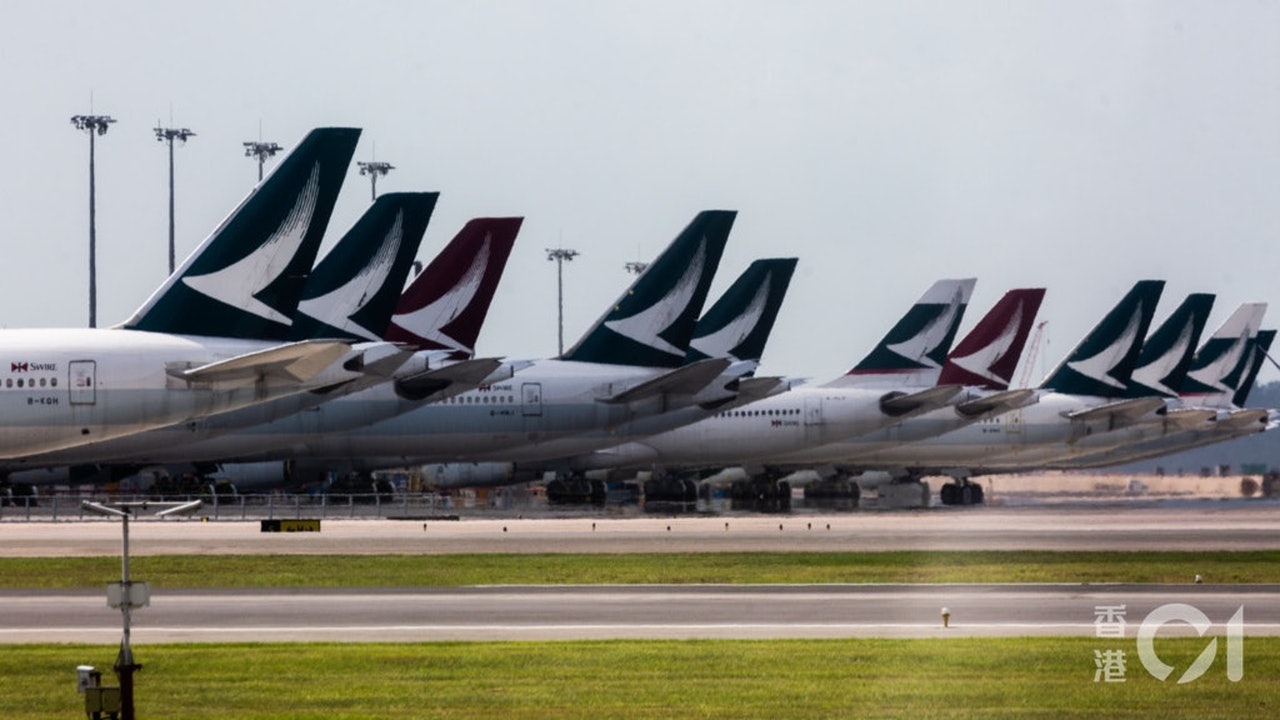The World Wide Fund for Nature in Hong Kong (WWF) today (25th) released the first local research report on biofuels.
The study pointed out that biofuels can effectively help various transportation and transportation industries in the short and medium term to reduce carbon emissions, including applications in government fleets and fleets, heavy commercial vehicles and local maritime transportation, and in the long-term aviation industry.
WWF pointed out that because it is difficult to reduce carbon emissions from international flights, sustainable aviation fuel, which is a mixture of biofuels and fossil aviation fuels, will play a key role in the international aviation industry's carbon reduction actions in the coming decades.
(Profile picture)
Biofuels are renewable resources converted from biomass to energy, and can be made from food crops, biological waste, and municipal solid waste.
Hong Kong currently has two biofuel plants located in Tuen Mun and Tseung Kwan O. They use local waste cooking oil to produce a small amount of biofuels; there are also biofuels called "Hydrogenated Vegetable Oil (HVO)", which are mainly produced in Mainland China .
The application of biofuels is becoming more and more popular all over the world, especially in EU countries, Canada and the United States, and is currently widely used in the road transportation industry.
A blueprint for sustainable aviation fuel supply.
(Provided by WWF)
WWF pointed out that alternative aviation fuels, such as electricity and hydrogen energy, still have limitations in their applications and are unlikely to be used on long-haul flights before 2050.
As the carbon emissions of international flights are difficult to reduce, sustainable aviation fuel, which is a mixture of biofuels and fossil aviation fuels, will play a key role in the international aviation industry's carbon reduction actions in the next few decades. Only in Asia's development and supply At the preliminary stage, lagging behind Europe and the United States.
WWF stated that the new Policy Address and the Hong Kong Climate Action Blueprint 2050 show that the Hong Kong government is actively promoting carbon reduction in the transportation industry, but the existing policies and laws do not cover the solution to the carbon emissions of Hong Kong’s international flights. Therefore, regional cooperation is recommended. , To diversify Hong Kong’s renewable energy portfolio and use certified sustainable biofuels to reduce the aviation industry’s “international emissions”.
WWF lists Boston lobsters as “Avoid Food” because of the same type of whale. WWF launches ocean conservation documentary "The Sea of Sounds", revealing that noise from ships prevents Chinese white dolphins from foraging. WWF refers to Hong Kong as a popular transit station for smuggling wildlife. The association cracked down on Shuikou horseshoe crabs caught by clam diggers and thrown around. WWF urges to restrict entry into ecologically sensitive areas. WWF report: Hong Kong people’s lifestyle can consume 4.2 earth resources to curb excessive consumption

